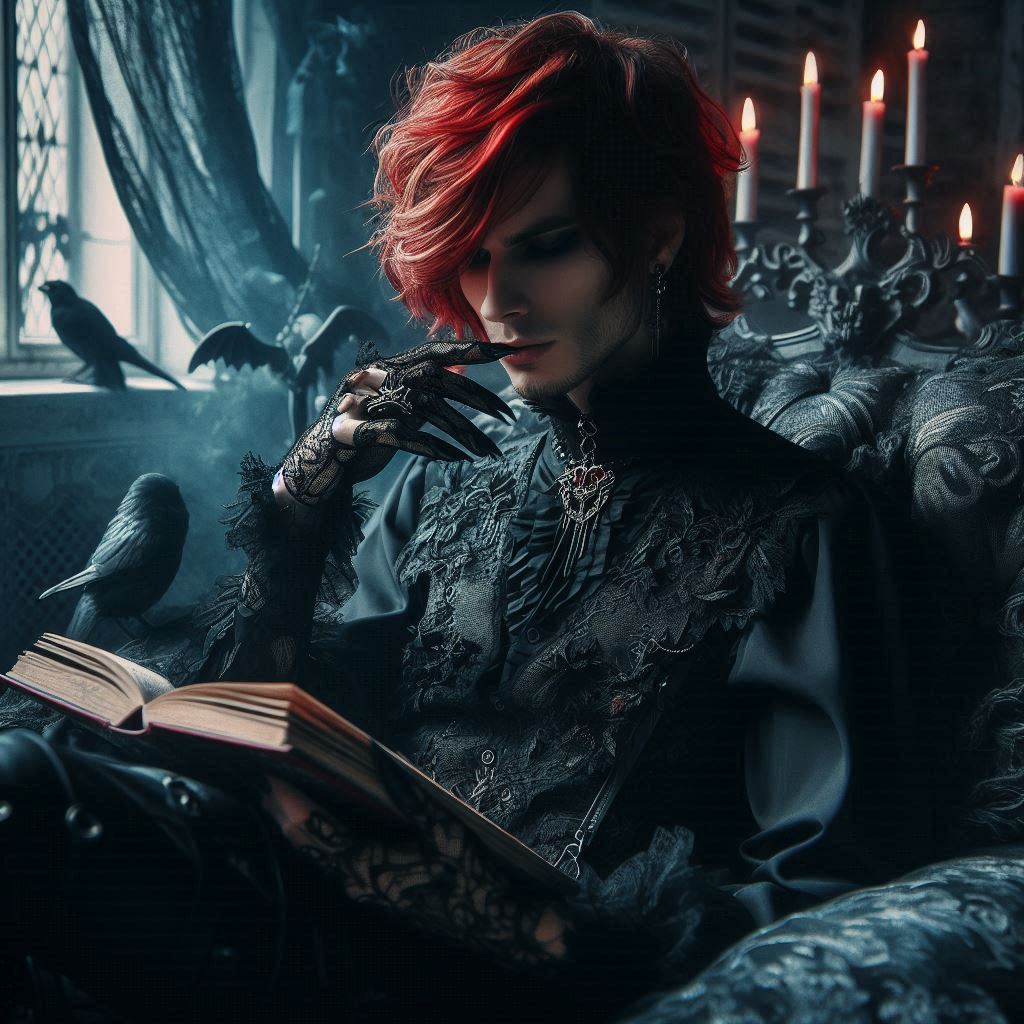Table of Contents
The Nobel Prize in Literature: A Century-Long Chronicle of Literary Cartography
Since its inception in 1901, the Nobel Prize in Literature has stood as the world’s most prestigious literary award, conferred annually by the Swedish Academy upon an author who has produced “in the field of literature the most outstanding work in an ideal direction.” However, the history of the prize is not merely a roll call of great writers; it is a complex and often contentious narrative that reflects evolving ideas of literary merit, geopolitical currents, and the very definition of “ideal direction.”
Tracing its journey through the decades reveals a fascinating story of canon formation, oversight, and eventual, albeit hesitant, globalization.

The Early Decades: European Grandeur and the “Ideal Direction”
The first half of the 20th century firmly established the prize’s Eurocentric character. The early laureates were often monumental figures whose work embodied a certain moral or humanistic gravity aligned with Alfred Nobel’s will. Writers like Rudyard Kipling (1907) celebrated the British Empire, while Thomas Mann (1929) explored the soul of modern Europe with profound psychological depth. The selection of William Butler Yeats (1923) and George Bernard Shaw (1925) acknowledged the power of poetic vision and intellectual drama, respectively.
Yet, this era was also marked by glaring omissions and controversial interpretations of “ideal.” The Academy’s conservative taste often sidelined modernist pioneers. The failure to honor literary giants like Leo Tolstoy, James Joyce, and Marcel Proust remains a perennial criticism, suggesting that the prize initially favored a more traditional, accessible, and ideologically safe form of excellence. The award was, in essence, mapping a very specific, Northern European conception of world literature.
Mid-Century: Recognizing the Americas and Political Statements
The mid-20th century saw the prize’s gaze shift westward, acknowledging the rising literary power of the Americas. The United States was recognized through figures like John Steinbeck (1962) and Ernest Hemingway (1954), whose rugged, individualistic styles captured a distinct national spirit. More significantly, Latin American literature burst onto the global stage with the award to Gabriela Mistral (1945) of Chile, followed later by the giants of the “Latin American Boom,” Miguel Ángel Asturias (1967) and Pablo Neruda (1971).
This period also saw the prize becoming increasingly politicized. Awards to Boris Pasternak (1958), forced to decline under Soviet pressure, and Aleksandr Solzhenitsyn (1970), a dissident who exposed the Gulag system, were clear political acts that used literature as a cudgel against totalitarianism. Conversely, some awards, like that to Winston Churchill (1953) for his “brilliant oratory,” were widely seen as honoring political stature as much as literary artistry, blurring the lines between the two realms.
The Late 20th Century: Expanding the Canon and the “Unfamiliar”
From the 1980s onwards, the Swedish Academy began a conscious, if slow, effort to broaden its horizons. This was the era of “corrective” awards, recognizing genres and regions previously overlooked. The prize to Gabriel García Márquez (1982) cemented the global appeal of magical realism. It began to honor poets who had long been in the shadows, such as Czesław Miłosz (1980) and Wisława Szymborska (1996).
Most importantly, this period marked the beginning of a genuine, though still tentative, globalization. The award to Wole Soyinka (1986) was the first for an African writer, acknowledging the vitality of post-colonial literature. Naguib Mahfouz (1988) became the first laureate writing in Arabic. These choices signaled a recognition that the center of literary gravity existed far beyond the European continent, even if the pace of this expansion remained a subject of debate.
The 21st Century: Globalization, Obscurity, and Scandal
The modern era of the prize has been characterized by two dominant, sometimes conflicting, trends: a commitment to global diversity and a penchant for selecting lesser-known figures. The Academy has made concerted efforts to shed its Eurocentric image, with awards to authors from China (Mo Yan, 2010), Belarus (Svetlana Alexievich, 2015), and Tanzania (Abdulrazak Gurnah, 2021).
However, this has often been accompanied by choices perceived as obscure, such as Elfriede Jelinek (2004) or Peter Handke (2019), the latter sparking international outrage over his political stance. This tendency reached its zenith with the award to Bob Dylan (2016), which ignited a fierce debate on the boundaries between songwriting and literature. Furthermore, the prize was plunged into crisis by a major sex scandal within the Academy in 2018, leading to the postponed award of Olga Tokarczuk (2018, awarded 2019) and raising serious questions about the institution’s integrity and processes.
Conclusion: An Imperfect Arbiter of Literary Glory
The history of the Nobel Prize in Literature is a story of ambition, oversight, correction, and controversy. It has successfully crowned many deserving masters, bringing global attention to their work, but it has also failed to honor many others of equal stature. Its choices have reflected not only literary judgment but also the political and cultural biases of its time. While the 21st-century Academy strives for a more inclusive and global map of literature, its recent scandals and contentious selections prove that its authority is more contested than ever.
Ultimately, the Nobel Prize is not a definitive measure of the “best” writer, but rather a unique, flawed, and powerful historical document—a century-long chronicle of what one institution has deemed, for better or worse, the most “ideal” directions in the world of letters.


No responses yet